Tanni Grey-Thompson: 'My parents might have aborted me'
- Published
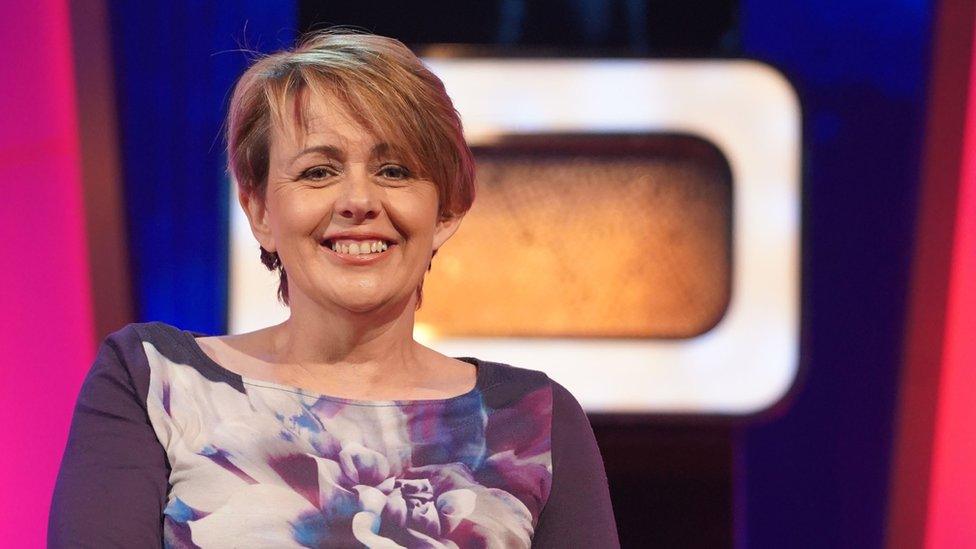
Tanni Grey-Thompson says terminating a disabled baby is a "complicated issue".
Baroness Grey-Thompson has said her parents would "probably have terminated the pregnancy" if they had known about her disability.
Her comments follow the UK's first operation, at King's College Hospital, to repair a baby's spine in the womb.
The Cardiff-born Paralympian, who has spina bifida, said terminating a disabled baby is a "complicated issue".
Speaking to Gareth Lewis on BBC Radio Wales, she said she believes in a woman's and family's "right to choose".
Baroness Grey-Thompson said: "When I was born there weren't the diagnostics for spina bifida.
"My mum had a really open conversation with me even when I was quite young, and she said they probably would have terminated the pregnancy if they'd known."

Spina bifida
Spina bifida is when a baby's spine and spinal cord don't develop properly in the womb, causing a gap in the spine.
It's not known what causes the condition, but a lack of folic acid before and in the early stages of pregnancy is a significant risk factor.
There are several different types, the most common of which is spina bifida occulta.
In most cases of spina bifida, surgery can be used to close the opening in the spine.
But the nervous system will usually already have been damaged, which can lead to problems including weakness or total paralysis of the legs.
With the right treatment and support, many children with spina bifida survive well into adulthood.
Source: NHS, external

Baroness Grey-Thompson added that people were "shocked" by this but she values her parents' honesty.
But she said that operations like the one carried out to repair the spine of Sherrie Sharp's son Jaxson might not mean everything is "done and dusted", as people can become disabled later in life.
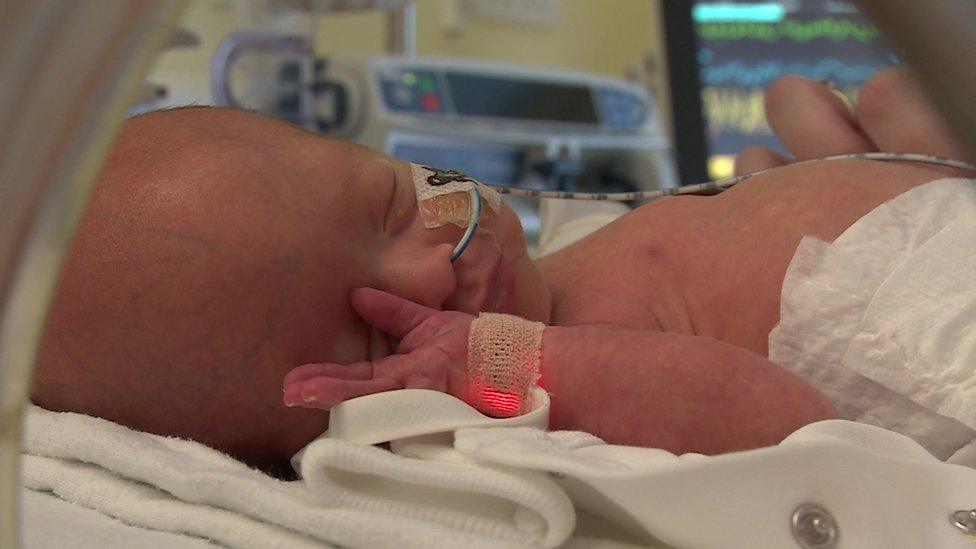
Surgeons at King's College Hospital operated on Jaxson while he was still in the womb after a diagnosis at the 20-week stage of his mother's pregnancy
She said: "Early termination, the diagnostics, it means that people are choosing to terminate children who are disabled, so it ends up being a really complicated issue.
"The reality is pregnancies are being terminated far more than before and disability is seen as a negative thing."
She added: "The whole spectrum of spina bifida, let alone any other impairment, is huge so I think you have to respect the family's right to make that choice."
- Published17 May 2019
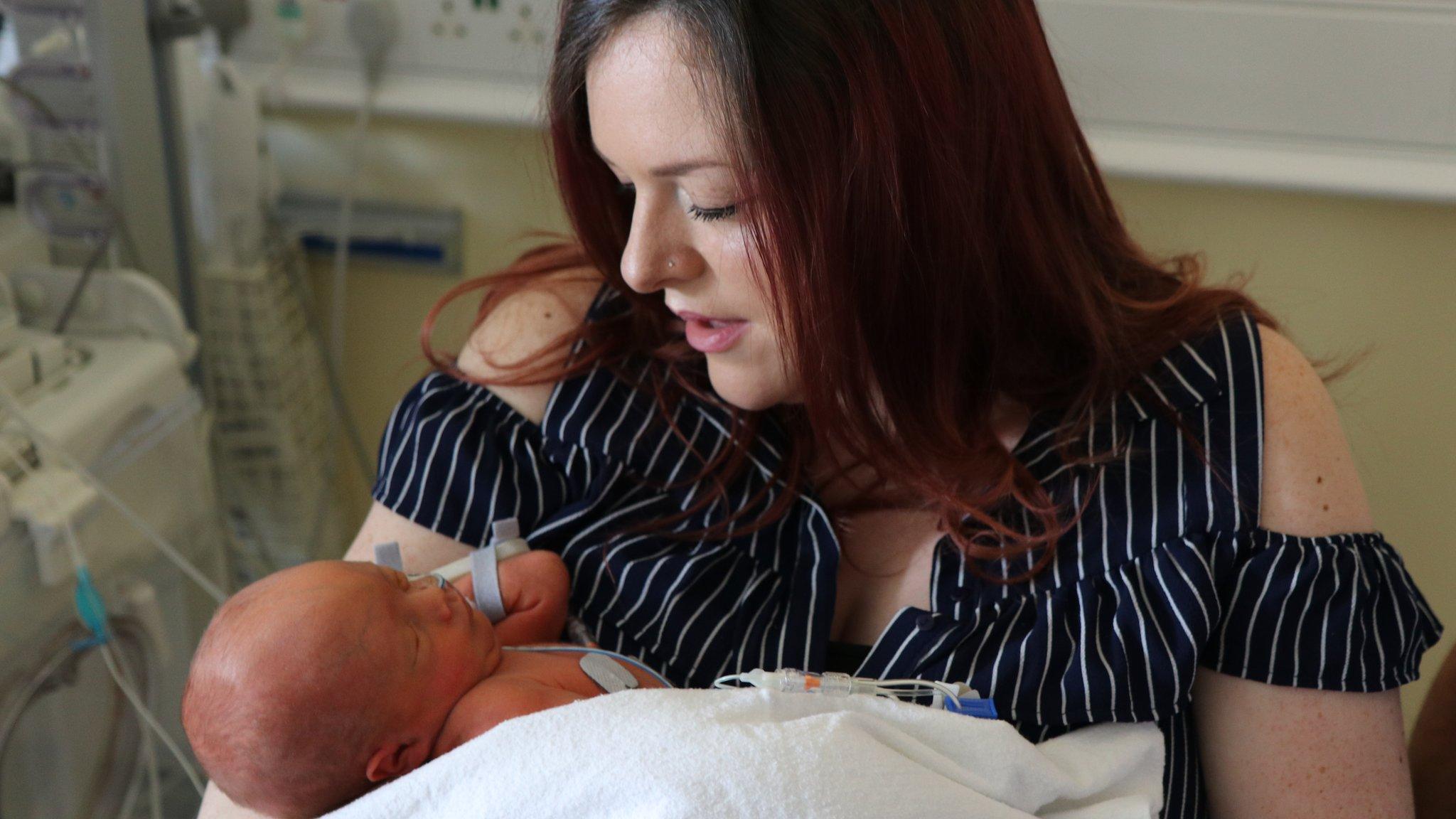
- Published9 November 2018
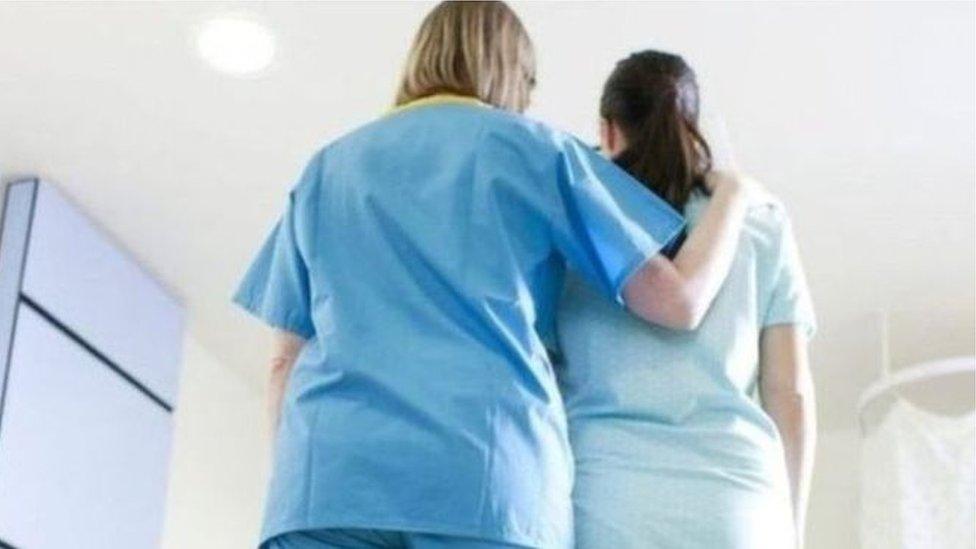
- Published7 November 2018
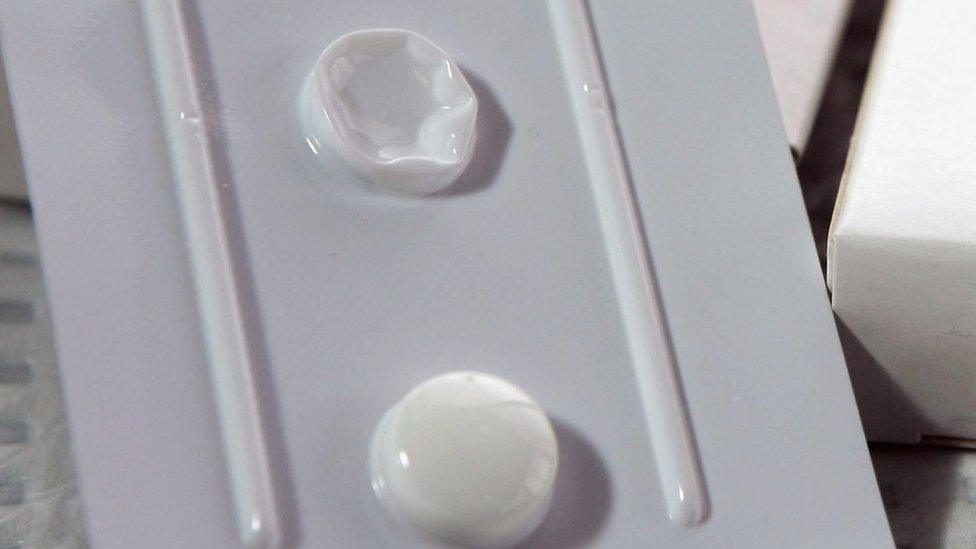
- Published16 May 2019
